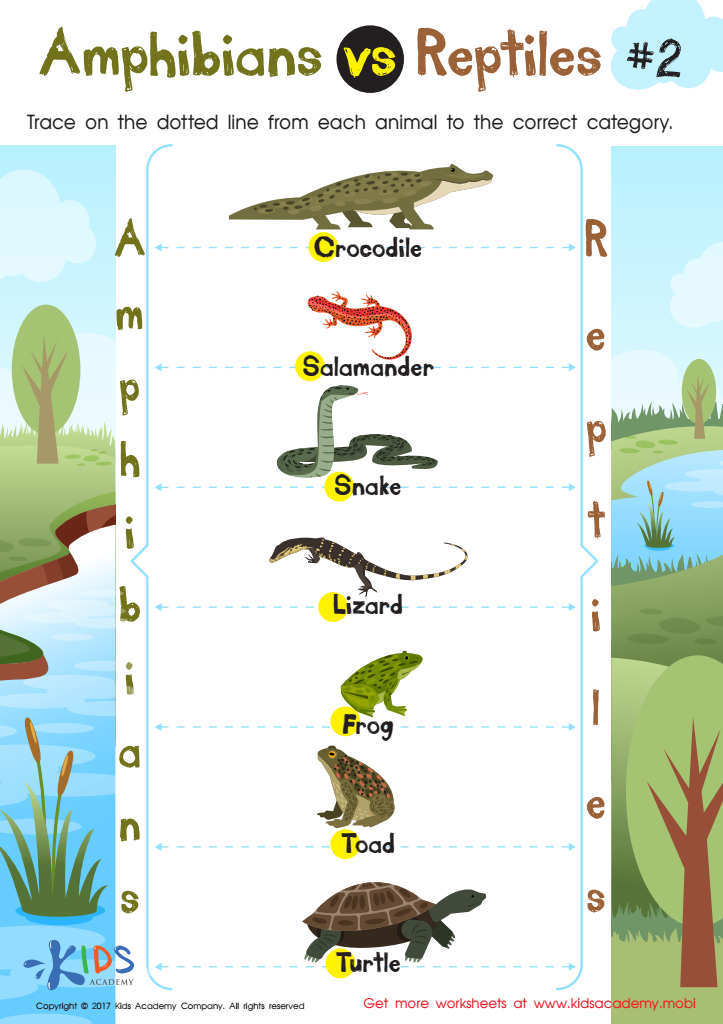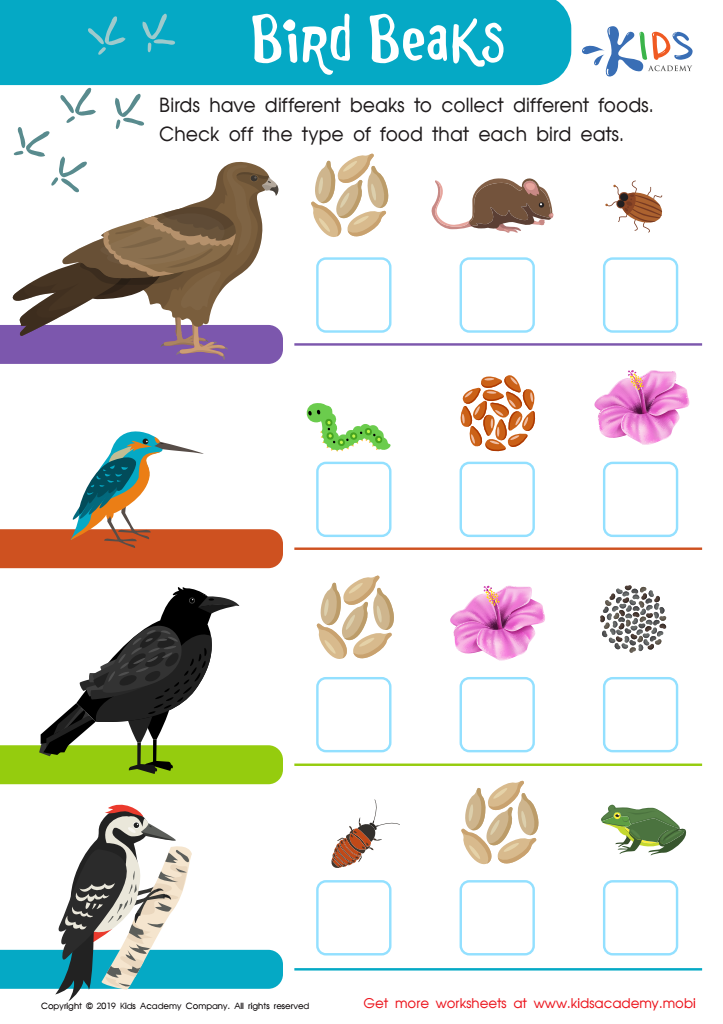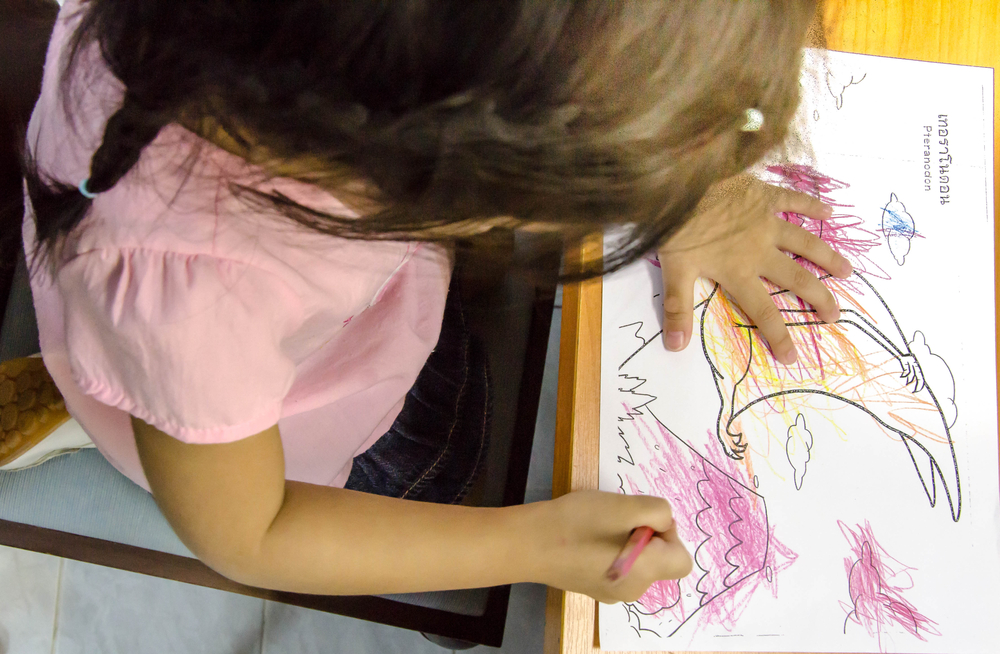Classification skills Normal Science Worksheets for Ages 5-9
5 filtered results
-
From - To
Boost your child's natural curiosity with our "Classification Skills Normal Science Worksheets for Ages 5-9"! These engaging worksheets hone essential scientific skills, guiding young learners through sorting, grouping, and categorizing exercises. Perfect for early grade students, each activity fosters critical thinking and a deeper understanding of the world around them. Crafted by educators, these fun and interactive worksheets support foundational science concepts, enhancing children's ability to observe patterns and organize information effectively. Encourage a love for science and problem-solving in a playful and educational way with our expertly designed classification skills worksheets. Ideal for classroom or home use.


Matter: Assessment 1 Worksheet


Amphibians vs Reptiles Worksheet for 3rd Grade


Bird Beaks Worksheet


Animals and Plants: Assessment 2 Worksheet


Space: Assessment 2 Worksheet
Classification skills are foundational to a child’s cognitive development and significantly enhance their learning process, particularly in the early stages (ages 5-9). Parents and teachers should care about nurturing these skills to foster critical thinking and intellectual growth in young learners.
First, classification helps children organize and structure information in a meaningful way. By learning to sort objects, animals, plants, and other items based on specific attributes such as color, size, shape, or function, children develop logical thinking patterns. This fosters their ability to recognize relationships and make sense of the world around them.
Second, strong classification skills form the basis of scientific thinking. Normal Science involves observing, questioning, and grouping based on observed characteristics, which aligns with the national curriculum goals of promoting inquiry-based learning. Early exposure to classification tasks, therefore, ignites curiosity and develops children's ability to hypothesize and draw conclusions, essential components of scientific literacy.
Furthermore, classification enhances language development and math skills. Describing categories and explanations improves vocabulary, while grouping items supports number sense and arithmetic skills.
By supporting classification skills, parents and teachers are equipping children with tools for academic success and everyday problem-solving. Such foundational skills empower children to navigate later complex subjects with greater confidence and understanding.
 Assign to My Students
Assign to My Students







.jpg)






